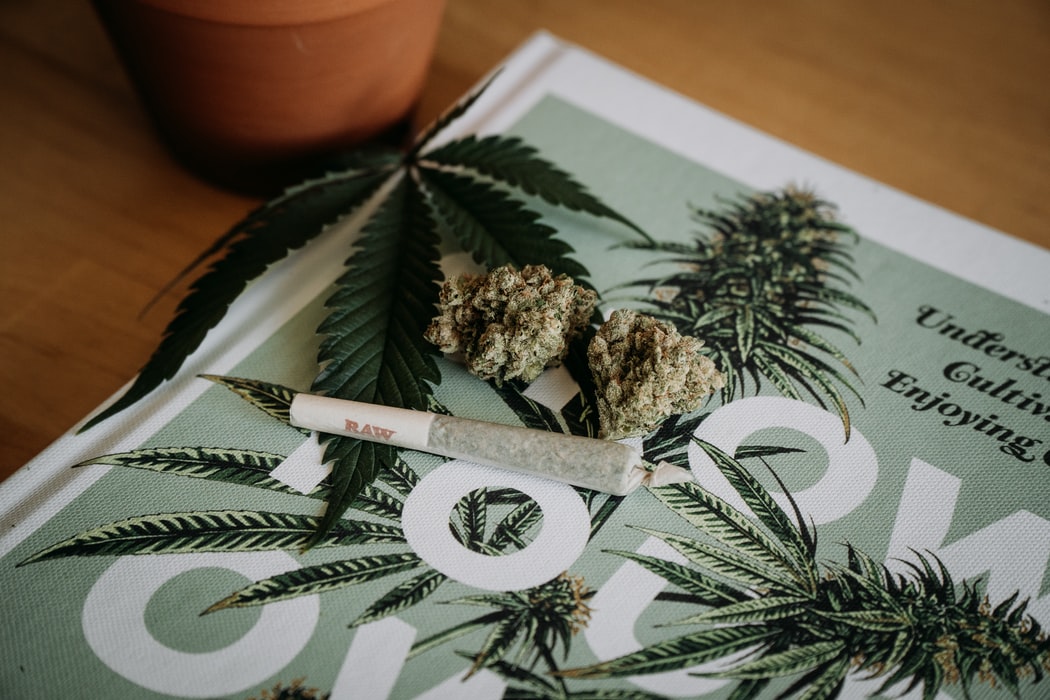Cannabis refers to 3 plants with psychoactive properties known as Cannabis ruderalis, Cannabis indica, and Cannabis sativa. When these flowers are dried and harvested, you get a drug. The Delta 8 flower ounce molecule in it is the reason that this is one of the most common drugs in the world.
Many people use it due to its relaxing and calming effect; in some states, it is prescribed to help people with various medical conditions, such as glaucoma, poor appetite, and chronic pain. Keep in mind that cannabis comes from a plant and is considered natural. It has potent effects, both negative and positive.
What are the cannabis components?
Cannabis has more than 130 components, known as cannabinoids. It is still unclear what cannabinoid does. Experts have a clear understanding of CBD and THC.
- Cannabidiol (CBD)
It is a psychoactive cannabinoid; although it is non-intoxicating and non-euphoric, it means that you will not get high. People mainly use it for treating inflammation and pain; it may also ease nausea, seizures, anxiety, and migraine.
Epidiolex is the only prescription medication with CBD and approved by the FDA; this medicine treats a particular type of epilepsy. Researchers are doing in-depth research to understand the effectiveness of CBD in medical use.
- Tetrahydrocannabinol (THC)
THC is also a cannabis compound that is psychoactive and gives you a high feeling. It works by activating the brain’s reward system by signaling the brain chemical release known as dopamine.
Dopamine is a neurotransmitter that plays a vital part in pleasure and mood. By triggering a higher-than-usual release of dopamine, THC causes people to experience euphoria. Many people usually administer THC via smoking; it is also accessible as an ingredient in edibles, oils, and capsules.
What are cannabis effects?
There is ongoing research to fully understand the long-term effects of cannabis. There are specific effects that cannabis products, such as:
- Brain development
According to research, people who use cannabis in their teens tend to have more memory and learning problems than those who do not use cannabis during their teenage years. However, it is not sure whether this effect is permanent.
Additionally, people who use cannabis during their teenage years may also have a higher risk of developing mental health issues later in life.
- Dependence
There is a chance that people can become dependent on cannabis. Also, some may experience withdrawal symptoms when not using cannabis, such as low appetite, mood swings, and irritability. In addition, people who use cannabis before they turn 18 are seven times more likely to develop a cannabis addiction than those who use it later in life.
- Respiratory problems
Smoking cannabis has similar repercussions as tobacco; it is because of inflammation and irritation of the airways. In addition, cannabis is associated with bronchitis and may be a risk factor for chronic obstructive pulmonary disease.
Does cannabis help with seizures?
Cannabis got a lot of attention when parents said that a particular type of drug helped control seizures in children. The FDA recently approved the use of man-made cannabis medication, which is made from CBD is called Epidiolex, as a treatment of severe or hard-to-treat seizures.
What are the ways of consuming cannabis?
There are various ways of using cannabis, and the consuming method determines its action onset.
- Inhaling or smoking
You will begin to get a high feeling within minutes of using it, and its effects reach their peak within 10-20 minutes. These effects usually wear off in about 2 hours.
- Topical
Transdermal patches let the ingredients enter the body for a long time. This fusion can benefit people who use cannabis to treat inflammation and pain.
- Ingesting
If you consume a cannabis product by mouth, it will take time for you to feel its effects; it may take about an hour, with peak effects reached within 4 hours. A study stated that edibles affect the time to feel the effect, with hard candies kicking in quicker.
Does cannabis cause addiction?
With long-term use, changes that occur in the brain can lead to problematic use or cannabis addiction. In which a user goes through withdrawal symptoms when using the substance, this disorder may affect about 30 percent of cannabis users. Of these users, there are 9% of people who develop an addiction. A person has an addiction when he/she cannot stop using the drug.
There are some symptoms of cannabis withdrawal. The common one includes insomnia, general discomfort, mood swings.
Conclusion
Cannabis contains chemicals that have various effects on the human body; it is nowadays a popular drug for medical use. If you are thinking about using cannabis, check whether it is legal to use in your state. Also, consider its effects on your mental and physical health.

